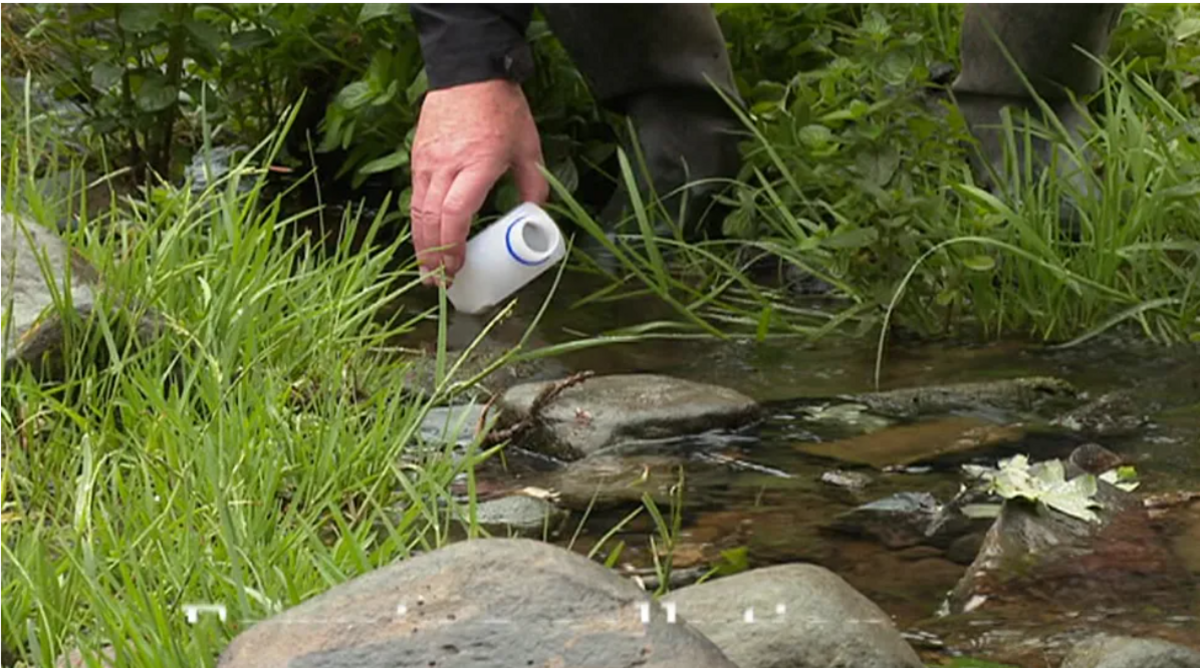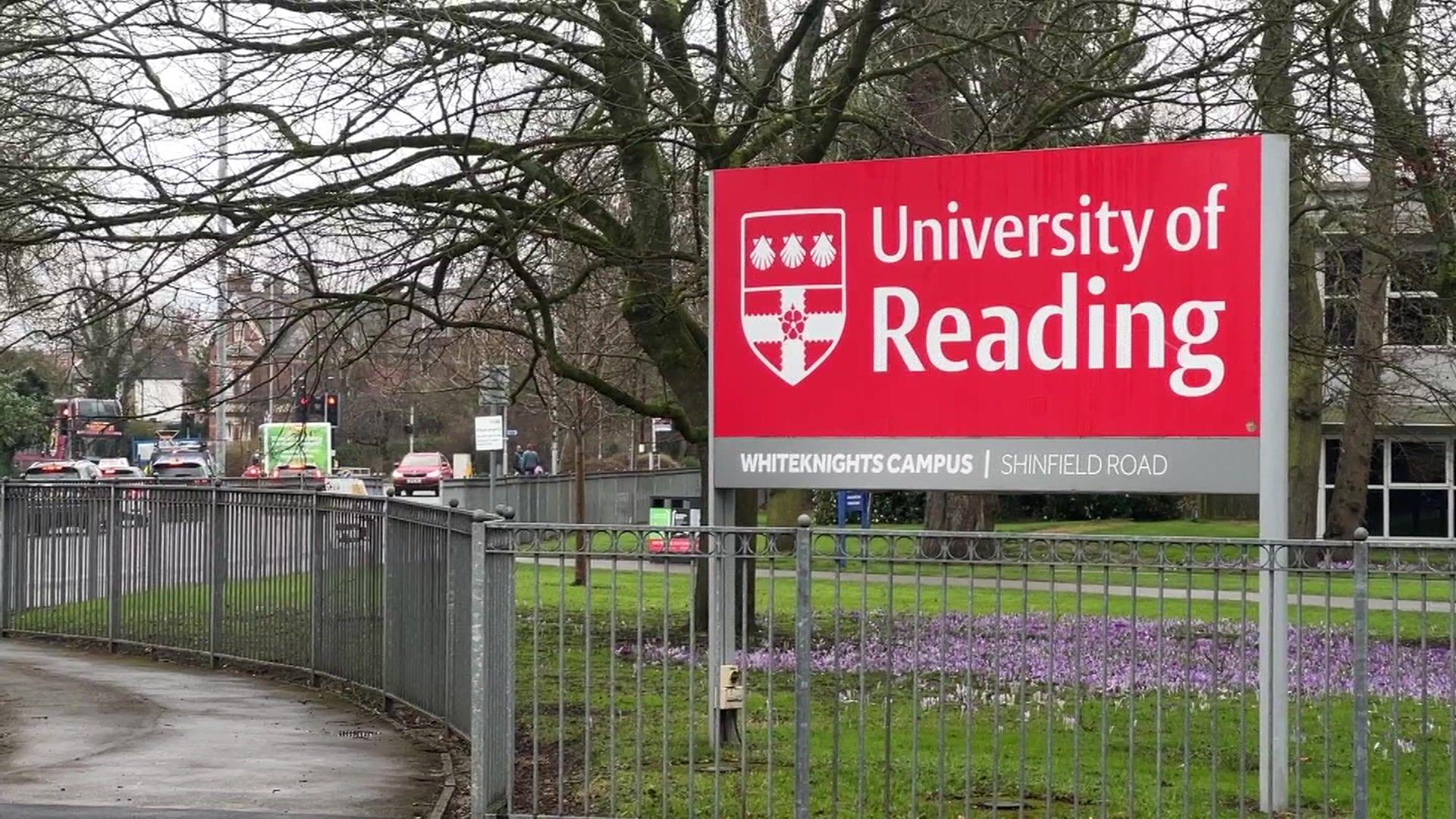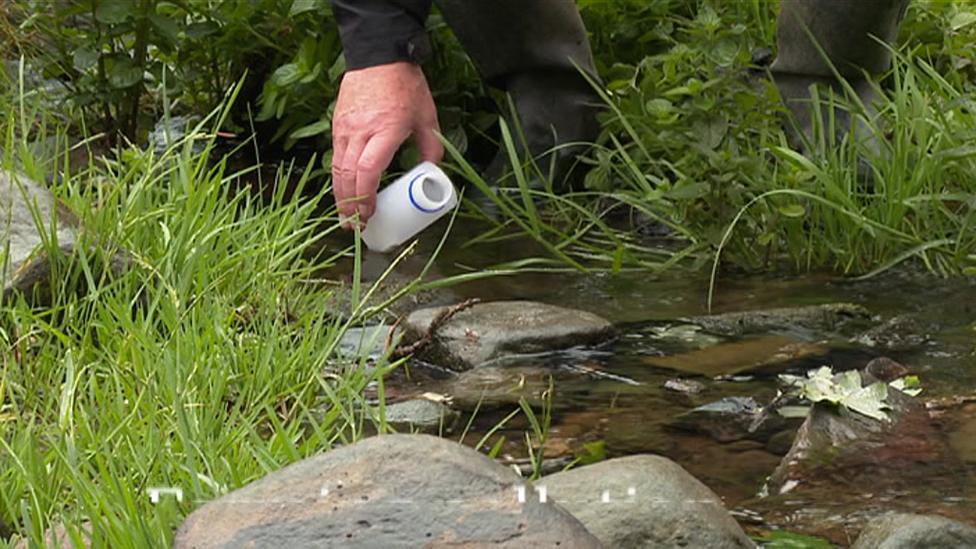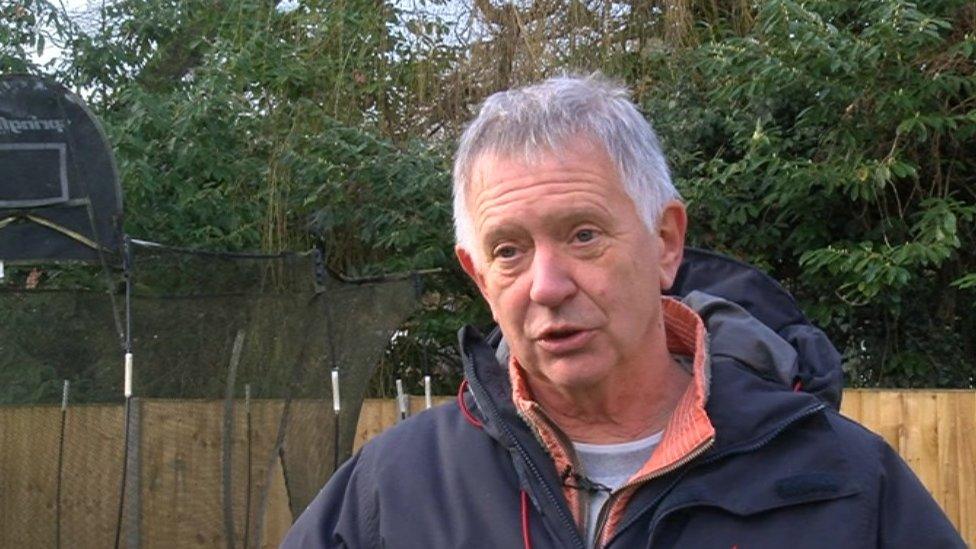Bathing water forecasts not accurate - researchers

Researchers say current models are “outdated” and “not accurate”
- Published
Bathing water forecasts need “urgent improvement” to stop people from swimming in sewage without warning, researchers have said.
Lead author of a new University of Reading study Karolina Krupska said the current models are “outdated” and “not accurate”.
Bacteria from sewage in the water can lead to e-coli or intestinal enterococci.
The current outdated methods cannot accurately predict threats from pollution caused by sudden downpours, the scientists said.
The researchers said, with coastal and wild swimming becoming more popular, local authorities urgently need to make use of improved forecasting techniques to identify the dangers.
Heavy rain can lead to sewage overflows or agricultural run-off.
A lack of water quality sampling and outdated forecast methods then leave people vulnerable to sudden increases in chemicals or bacteria in the water, the scientists said.

The research has been led by scientists at the University of Reading
Ms Krupska said: “Bacterias such as e-coli or intestinal enterococci may cause sickness and in extreme cases be lethal.
“There are more than 400 bathing facilities across England but forecasts are provided for about 170 of those.
“The way we manage our sewage and land means rivers and seas are frequently polluted, and heavier summer downpours due to climate change is making the problem worse.
“We need a more reliable and frequently updated early warning system, to ensure people can safely enjoy a coastal swim with the confidence that they aren’t putting themselves at risk."
Follow BBC South on Facebook, external, X, external, or Instagram, external. Send your story ideas to south.newsonline@bbc.co.uk, external.
Related topics
- Published5 September 2023

- Published18 January 2023

- Published1 March 2014